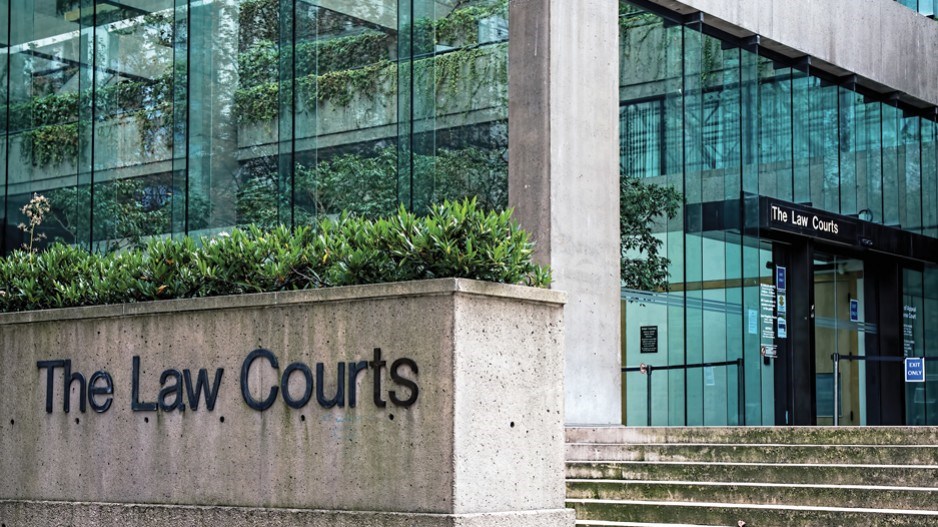British Columbians will now be able to routinely watch online cases heard by B.C.’s top court.
Chief Justice Robert Bauman said Jan. 10 that broadcasting appeal court cases supports the open court principle by increasing access for members of the public and media, including individuals living in remote communities or who face other barriers to attending court in person.
Bauman called it a way of demonstrating the court’s commitment to transparency and accountability.
“After receiving overwhelmingly positive feedback on the use of Zoom during the height of the pandemic, the Court of Appeal is once again broadcasting appeals to permit anyone who wishes to observe a hearing to do so, regardless of their location,” Bauman said. “The court is pleased to offer increased virtual access to appeal hearings as a means of supporting openness and transparency and to increase public understanding of the appellate process.”
The broadcasts began Jan. 3.
Public access to Zoom broadcasts of appeal hearings is provided through direct links on the Weekly Hearing List on the court’s website.
The public broadcasts will be conducted live except in exceptional circumstances. The court will not make or keep video recordings of hearings.
The situation does come with some warnings. Viewers are not allowed to take screenshots or make video or audio recordings of proceedings.
The Canadian Bar Association- B.C. Branch welcomed the changes to reflect a more modern, transparent, accountable and accessible court system.
"Virtual access for appeal hearings helps mitigate the time, expense and inconvenience typically associated with attending in-person proceedings. It also gives better accessibility for those with disabilities, increases lawyer availability for more clients, protects the well-being and health of participants, and lessens environmental impact," the association said in a statement to Glacier Media.
"We also appreciate that not all British Columbians benefit equally from access to technology," the association said. "Those in custody, those with special abilities and needs or those with language barriers require special consideration."
Court innovation
Televising or broadcasting court proceedings online is a relatively new development and has been rare in the past.
The most recent B.C. example has been the recording and posting online of proceedings of a lawsuit filed by the Canadian Society for the Advancement of Science in Public Policy. The lawsuit seeks to challenge and obtain compensation for various measures, mandates and restrictions imposed in response to the pandemic.
Provincial health officer Dr. Bonnie Henry and the provincial government are named as defendants.
Those hearings are an application for certification of the class proceeding. The judge hears applications of various kinds as well as evidence to determine if a class action is a suitable choice for the case.
It was the COVID-19 pandemic that highlighted the need for the courts to modernize and embrace new technologies.
“The court has long been aware of the need to upgrade court technology in order to increase the court’s ability to provide remote and online access to justice,” B.C. Supreme Court Chief Justice Christopher Hinkson said in April 2020.
Both he and then-attorney general and now-Premier David Eby agreed there has long been insufficient investment in system modernization.
“We have not been funded adequately to take advantage of technology for some time,” Hinkson said.
Eby said a significant move toward use of technology in the courts will be “a very dramatic shift.”




